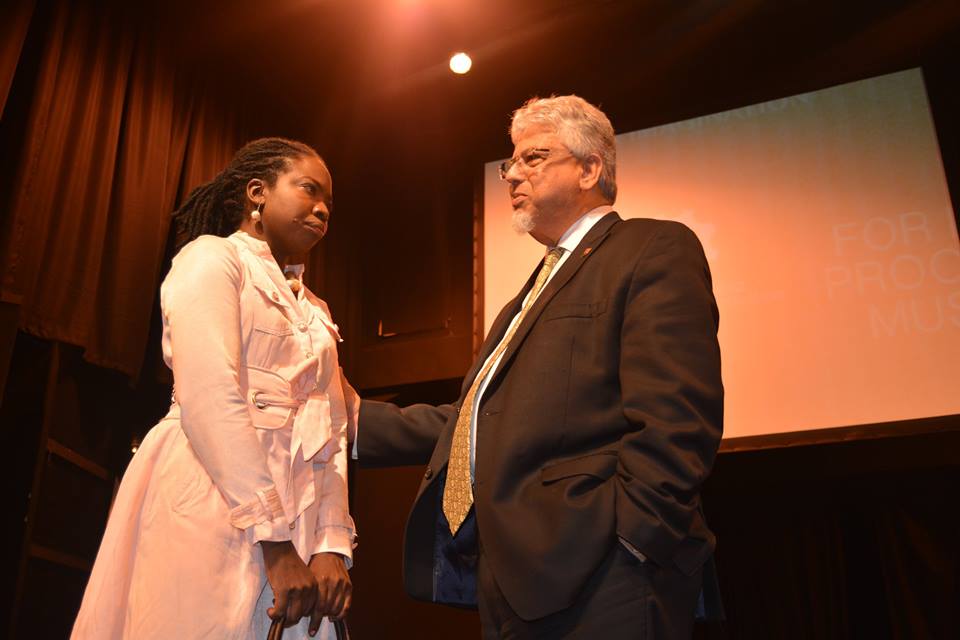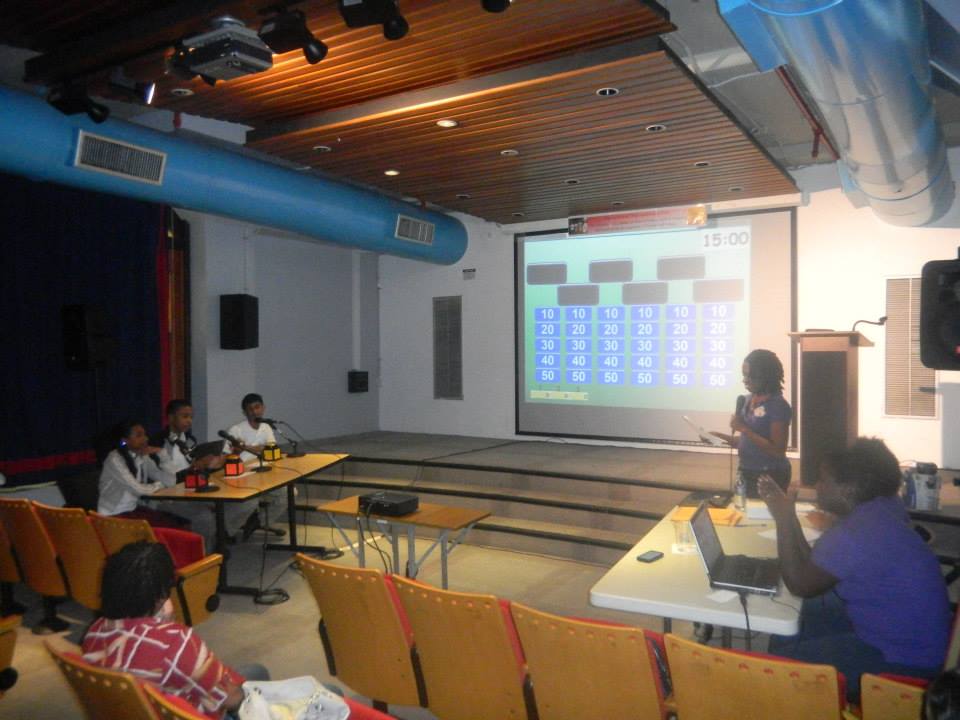A major focus of the Ministry of Education is the implementation of ICTs in Education. As such, how this will impact language-learning is of particular interest to us who are dedicated to the cause of bilingual education. The use of ICTs in the Trinidad & Tobago classroom is extremely low (Trinidad & Tobago is ranked 67th on the ICT Development Index.) As such, the language-teaching community must take the lead in implementing technology, all the more so as the field is considered endangered in an increasingly science-oriented environment. Teachers often lament that language students are a dying breed. While this is rather surprising in an increasingly global world, the Trinidad and Tobago context is particular in that there is widespread perception that students will have greater opportunity in non-language fields; also, that these students speak English and that is sufficient.
The role of ICTs is essential in rebalancing this dangerous tendency
1. It will encourage all students to learn languages.
ICTs allow access to new, relevant, engaging, entertaining and fun materials that impact the monotony of the traditional classroom experience. They bring language alive for all students, not just the “language-minded.” There is no reason why science students cannot effectively learn a foreign language and combine it with their science skills. Knowledge of a foreign languages is always an advantage regardless of the student’s aspirations.
2. It will allow learning to take place beyond the classroom.
The use of ICTs allow students continued exposure to the target language long after classroom time has finished. This will enable students to continue to learn well beyond the few hours allocated to language classes. The key to foreign-language learning is maximum exposure if we are to really impact the speed of language acquisition.
3. ICTs create more effective opportunity for simulation.
ICTs allow for the recreation of all settings, and will aid in the creation of authentic language-learning contexts, which are sometimes difficult to recreate with traditional classroom resources.
4. ICTs allow for greater personalization of teaching
Students using ICTs can work at your own pace in your own time, repeat as often as necessary etc, that which is impossible to do in a traditional classroom with students of various learning abilities and levels.
5. Utilization of the multiple gadgets that students already have in their possession.
Students already possess laptops, smart phones and tablets. These items may be optimally utilized for educational purposes. Foreign-languages are among the best-placed subjects to benefit from this proliferation of technology.
6. Aids the creation of the invaluable foreign-language teaching community
Last but not least, it can also serve as a community for language teachers to exchange resources and experiences. With the lack of necessary support for the field, it is imperative that language teachers support each other.
The potential of ICTs in generalizing language-learning is tremendous. It is an essential tools in spreading language learning to a greater number of students and also, in increasing the language skill of the traditional language-oriented student.

Reperio’s Programme Director Jeré Andrews as cohost of this year’s i2i Awards Ceremony of the Ministry of Planning & Sustainable Development. Reperio won an earlier award for its development of a language-teaching adventure game for Caribbean students.

A qualifying competition of the Reperio’s 2013 National Language Jeopardy competition. At the Finals, winners were Delycia Romany of St Joseph’s Convent Port of Spain, and Alisha Alexander of Bishop Anstey High School East.






